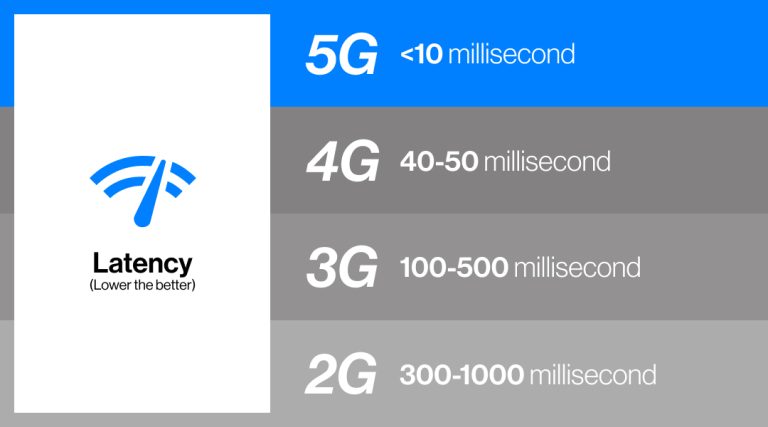Virtual Sharing Network (VSN): Concept and Benefits in Digital Connectivity
telcomatraining.com – In an era where digital connectivity is essential, Virtual Sharing Network (VSN) has emerged as a transformative solution. VSN refers to a network infrastructure that enables seamless data sharing, resource allocation, and collaborative access across multiple devices and users. By leveraging cloud technology, artificial intelligence, and blockchain security, VSN enhances connectivity, productivity, and cost efficiency in various industries.
This article explores the concept of VSN, its core functionalities, and the benefits it brings to digital connectivity.
What is Virtual Sharing Network (VSN)?
Virtual Sharing Network (VSN) is a digital ecosystem designed to facilitate secure and efficient resource sharing over the internet. Unlike traditional networking models that rely on centralized servers, VSN employs decentralized protocols that distribute resources dynamically. This allows users to share computing power, storage, bandwidth, and even applications without requiring expensive infrastructure upgrades.
VSN operates using cloud computing, peer-to-peer (P2P) technology, and blockchain-based verification systems. This ensures that shared resources remain secure, accessible, and efficient. Businesses, freelancers, and even large organizations can utilize VSN to optimize their operations while reducing costs.
How Does VSN Work?
VSN is built on the principles of virtualization and distributed networking. The core mechanisms that enable VSN functionality include:
- Cloud Integration – VSN leverages cloud storage and computing power to distribute resources among users. This ensures scalability and accessibility from anywhere in the world.
- Peer-to-Peer (P2P) Communication – Instead of relying on a central server, VSN enables direct connections between devices. This reduces latency and enhances real-time collaboration.
- Blockchain Security – Transactions and data exchanges within VSN are encrypted and recorded on a blockchain, ensuring transparency and security against cyber threats.
- Artificial Intelligence (AI) Optimization – AI-powered algorithms manage resource distribution efficiently, ensuring that every participant in the network gets optimal performance.
By combining these technologies, VSN creates a robust digital environment where users can share files, software, and even computational workloads without compromising security or speed.
Benefits of Virtual Sharing Network (VSN)
1. Cost Efficiency
VSN reduces the need for expensive hardware and software installations. Organizations can leverage shared computing resources instead of purchasing new infrastructure. This is particularly beneficial for startups and small businesses looking to minimize operational costs.
2. Enhanced Security
With blockchain integration, VSN ensures that all transactions and data exchanges are encrypted and tamper-proof. This reduces the risk of cyberattacks and unauthorized access, making it a reliable solution for businesses handling sensitive information.
3. Scalability and Flexibility
Unlike traditional networks, VSN can easily scale up or down based on demand. Businesses can expand their digital operations without worrying about hardware limitations. This makes VSN an ideal solution for industries that require dynamic networking capabilities.
4. Improved Collaboration
VSN enables real-time collaboration by allowing users to share resources seamlessly. Whether it’s a remote team working on a project or a decentralized workforce, VSN enhances productivity by providing uninterrupted access to essential tools and data.
5. Faster Data Transfer
With P2P networking, data transfer speeds improve significantly compared to centralized cloud servers. This is crucial for industries that rely on high-speed data exchange, such as media production, gaming, and financial services.
6. Eco-Friendly Solution
By optimizing resource usage and reducing hardware dependency, VSN contributes to environmental sustainability. It minimizes electronic waste and lowers energy consumption, making it a greener alternative to traditional IT infrastructures.
7. Global Accessibility
As a cloud-powered solution, VSN allows users to access their shared resources from anywhere in the world. This is particularly beneficial for remote workers, global enterprises, and digital nomads who require seamless connectivity.
Applications of VSN in Various Industries
- Business & Enterprise – Companies use VSN for secure file sharing, virtual meetings, and distributed computing.
- Education – Schools and universities implement VSN to facilitate online learning and collaboration.
- Healthcare – Hospitals use VSN for secure patient data sharing and telemedicine services.
- Entertainment & Media – Creators and developers leverage VSN for collaborative video editing, music production, and gaming.
- Finance & Banking – Financial institutions rely on VSN for secure transactions and fraud prevention.
Conclusion
Virtual Sharing Network (VSN) is redefining the way we approach digital connectivity. By offering a decentralized, secure, and cost-efficient solution, VSN is paving the way for a more collaborative and resourceful digital future. As businesses and individuals continue to seek flexible networking solutions, VSN stands as a game-changer in the evolving digital landscape.
Implementing VSN can help organizations reduce costs, improve security, and enhance efficiency. With the continuous advancements in AI, blockchain, and cloud computing, VSN is expected to play a vital role in shaping the future of digital connectivity.







